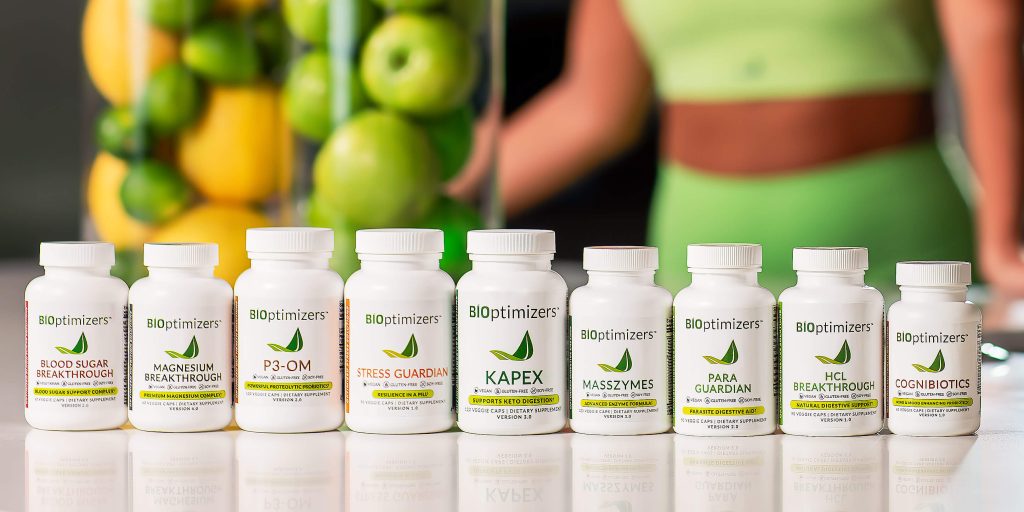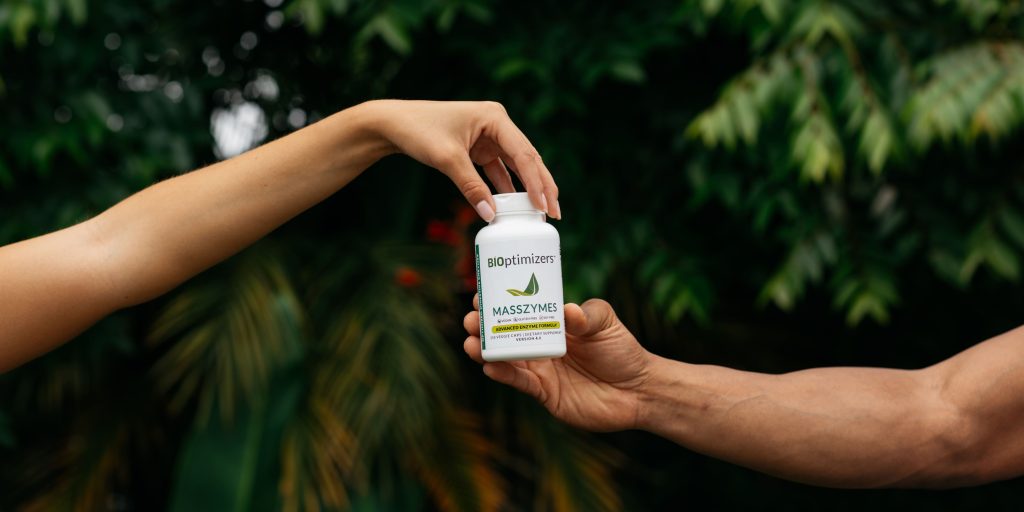Posts by Nattha Wannissorn, PhD
Does Inflammation Cause Weight Gain?
If you’re aspiring to lose weight, you may wonder why you don’t seem to make progress or almost instantly rebound once you hit your goals, especially as you get older.…
Read MoreHow To Tell If Vitamins And Supplements Are Good Quality
The supplement industry is growing fast, which means both good and bad players are out there.
Read MoreDiet and Mental Health
Estimates now show us that one in five people struggle with mood and mental health issues, making it a growing public health concern. They can affect how people feel, think,…
Read MoreShould You Take Multiple Types of Magnesium?
Magnesium, an important mineral needed by the body, comes in many different supplemental forms.
Read MoreVitamins and Supplements to Help with Deep Sleep
Sleep quality, especially deep and REM sleep, is unarguably one of the most important things to optimize, whether you want to maximize aesthetics, performance, or health. Matt learned this the…
Read MoreCan Cortisol Make You Gain Weight and Belly Fat?
In our fast-paced world, stress is a constant companion. Its effects on our bodies, especially in weight gain, often go unnoticed. Cortisol, commonly known as the “stress hormone,” has a significant role in this process.
Read MoreIs Vitamin D Over RDA Too Much?
Vitamin D works well beyond just supporting healthy bones and calcium metabolism. Its crucial function extends to your: Hormone balance Metabolism Immune functions Our in-house research and development team identified…
Read MoreDo Probiotics Make You Poop?
As a naturopathic doctor, one of the most common questions I get is “Do probiotics make you go?” It’s not surprising since an estimated 2 in 3 people struggle with some constipation.
Read MorePart 2: How to Increase Metabolism Naturally After Your 30s and 40s
Master weight management at any age with our blog’s insights. Learn about metabolism, muscle building, optimizing sleep, and nutrition for lasting health.
Read MorePart 1: Why Is It Harder to Lose Weight as You Age?
Do you feel like after your 20s, you seem to put on weight more easily and losing it takes a lot more work than it used to? Worse yet, is age-related weight gain.
Read MoreUnderstanding Healthspan vs. Lifespan: Best Longevity Blood Tests
This blog discusses healthspan vs. lifespan, emphasizing quality over longevity of life. It highlights the importance of lab tests and wearables in monitoring health, detecting diseases early, and optimizing lifestyle for better health outcomes.
Read MoreWhat to Look For in a Digestive Enzyme Supplement
You need digestive enzymes to break down food. Yes, your body produces some enzymes, but is it enough? As you get older, your enzymatic production declines.
Read More










